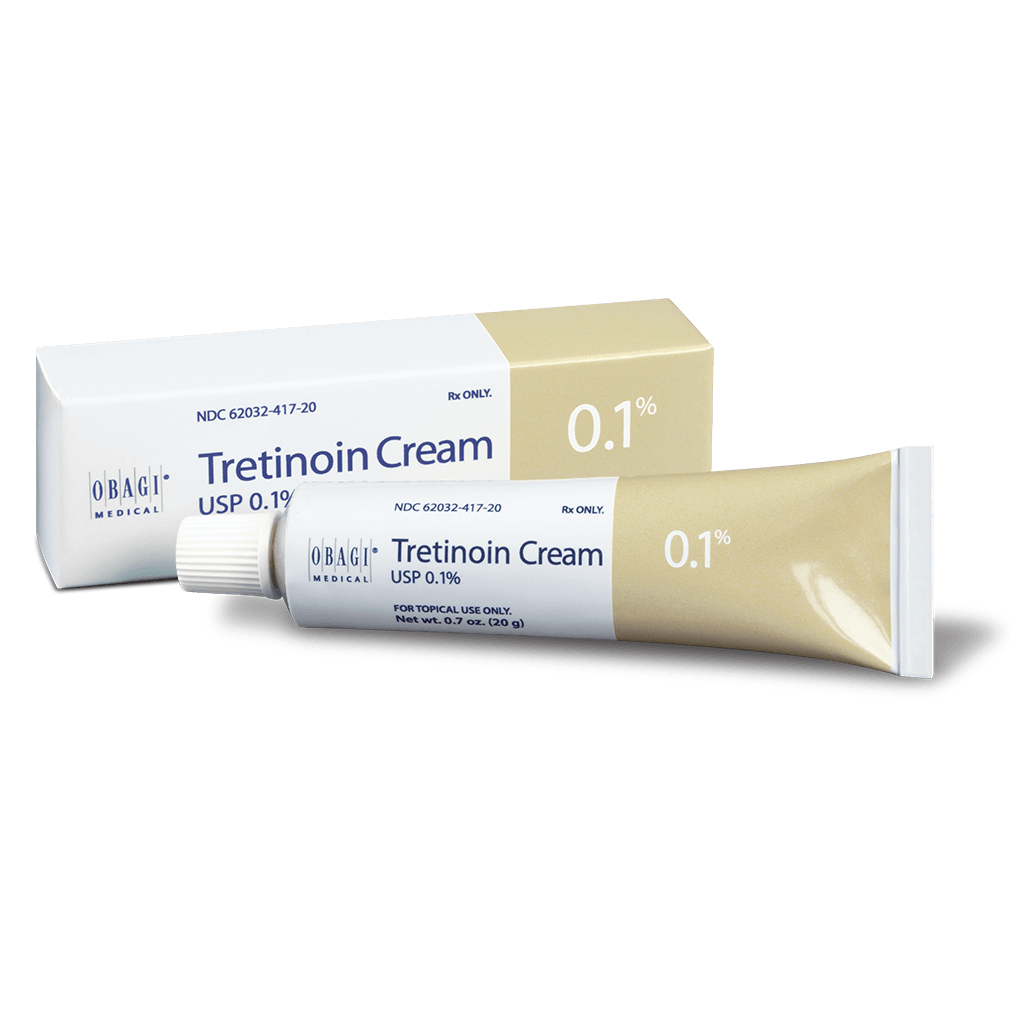Medications like tretinoin are used to treat many skin conditions. They affect how your body grows and sheds skin cells, so they can help reduce the appearance of fine lines and wrinkles or hyperpigmentation.
This medication may make your skin more sensitive to sunlight. Avoid sunlamps and tanning beds/booths, and wear sunscreen when outdoors.
Acne
Tretinoin (Retin-A) is one of the gold-standard treatments for acne and is also effective at reducing fine lines and wrinkles, as well as improving hyperpigmentation. This medication works to diminish the appearance of acne scars by stimulating collagen production in skin cells.
It also helps to reduce excess oil by regulating sebum production, and it improves the appearance of pores by accelerating cell turnover. It can also decrease hyperpigmentation that may have been caused by acne by inhibiting the activity of certain matrix metalloproteinases, which break down proteins that lead to redness, inflammation and scarring.
During the first few weeks of use, it is normal for some skin irritation to occur, such as dryness, itching, flaking or redness. Adding a moisturizer to your daily routine can help combat this side effect. Using an exfoliating scrub before applying tretinoin can also increase its effectiveness and reduce irritation. It is important to use this medicine as directed by your doctor for optimal results.
Fine Lines & Wrinkles
While genetics play a role in how quickly you develop fine lines and wrinkles, up to 90% of skin changes due to age are caused by sun damage. Over time, the collagen and elastin in your skin break down due to repeated movements, UV rays, pollution, and other factors. When this happens, it becomes much easier for those fine lines and wrinkles to become deeper.
When used regularly, tretinoin can significantly reduce fine lines and wrinkles as well as rough skin texture and uneven pigmentation. It also helps to reverse some of the damage done by the sun and other factors.
To test whether significant wrinkle reduction efficacy comparable to that of a prescription product could be achieved with cosmetic antiwrinkle products, a research team developed a cosmetic moisturizer regimen containing niacinamide, palmitoyl peptides (palmitoyl-lysine-threonine and palitoyl-lysine-threonine-threonine-lysine-serine), and a less irritating retinyl ester commonly found in over-the-counter and cosmetic products (retinyl propionate). They then compared it to a dermatologist recommended 0*02% tretinoin cream product regimen for improvement in the appearance of facial fine lines and wrinkles.
Skin Discoloration
Skin discoloration is when patches of uneven pigment appear on the face or body. These spots are often the result of skin trauma — a cut, scrape or bug bite that sets off inflammation and sends pigment-producing cells into high gear. Discoloration also can occur due to hormonal changes or medications such as birth control pills or rifampicin (used to treat tuberculosis).
Tretinoin works to even out skin tone by increasing the turnover rate of new skin cells. It also minimizes the appearance of pores and has anti-inflammatory properties to improve acne. It reduces hyperpigmentation from sun damage by accelerating the rate at which skin cells turn over and decreases dark spots caused by acne by decreasing inflammation (Yoham, 2020).
It is important to note that tretinoin must only be used on clean, dry skin. Use a mild cleanser and be sure to follow your dermatologist’s instructions for how often to apply this medication. Avoid using other products that contain harsh, irritating or drying ingredients on the skin including hair perming solutions, alcohol/lime/menthol-containing toners and astringents, dandruff shampoos containing sulfur, resorcinol or salicylic acid, and any other topical medications such as benzoyl peroxide (unless directed by your doctor). Talk with your dermatologist if you have questions.
Sun Damage
Many dermatologists agree that sun damage is one of the main causes of fine lines, dark spots and rough skin. Even those who diligently use sunscreen may experience some degree of sun-induced damage to their skin.
Over time, the sun’s damaging UVA and UVB rays invisibly penetrate the outer layer of your skin, causing damage to microscopic cells called fibroblasts. These fibroblasts are responsible for the production of collagen and elastic tissue. Damaged fibroblasts result in wrinkles and uneven skin tone. Tretinoin works to accelerate the replacement of damaged skin cells, promoting smooth, even-toned and healthy-looking skin.
While using tretinoin, make sure to wear adequate amounts of sunscreen every day, avoid tanning beds and use other products with barrier-supporting ingredients like ceramides to protect your skin. It’s also important to moisturize adequately, especially after exposure to cold or windy weather. If you suffer from dry skin, consider adding a moisturizing serum to your regimen. This will help reduce the appearance of fine lines and wrinkles, as well as flaking and peeling associated with tretinoin use. tretinoin gel





